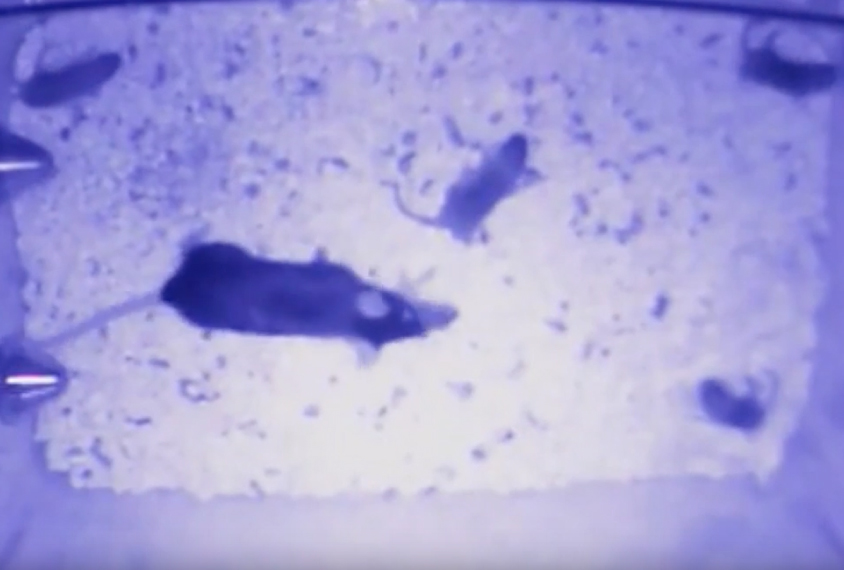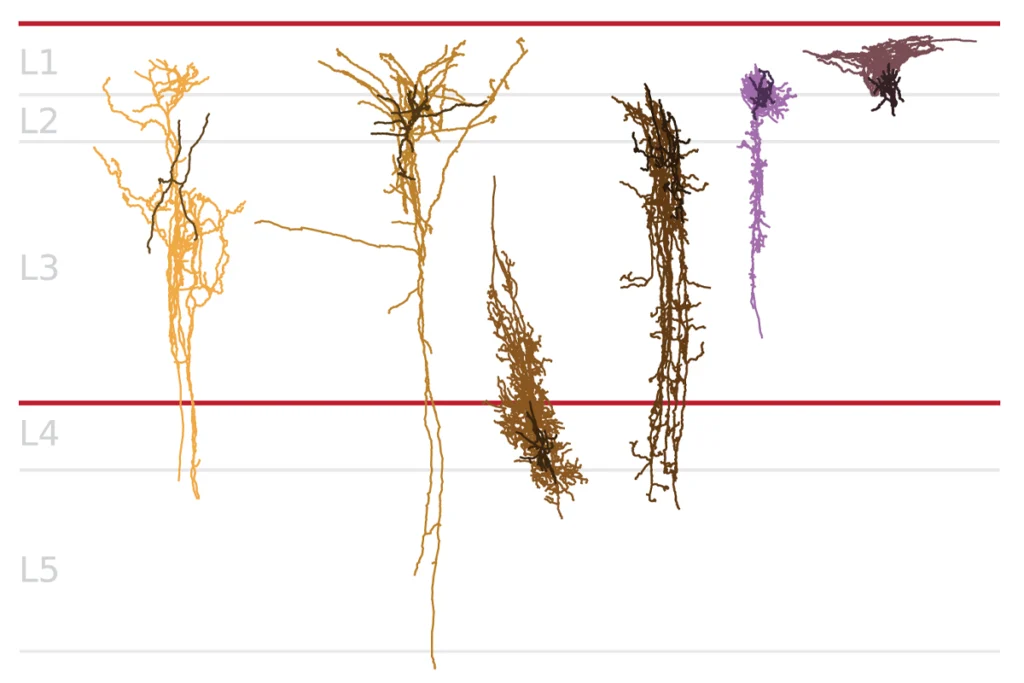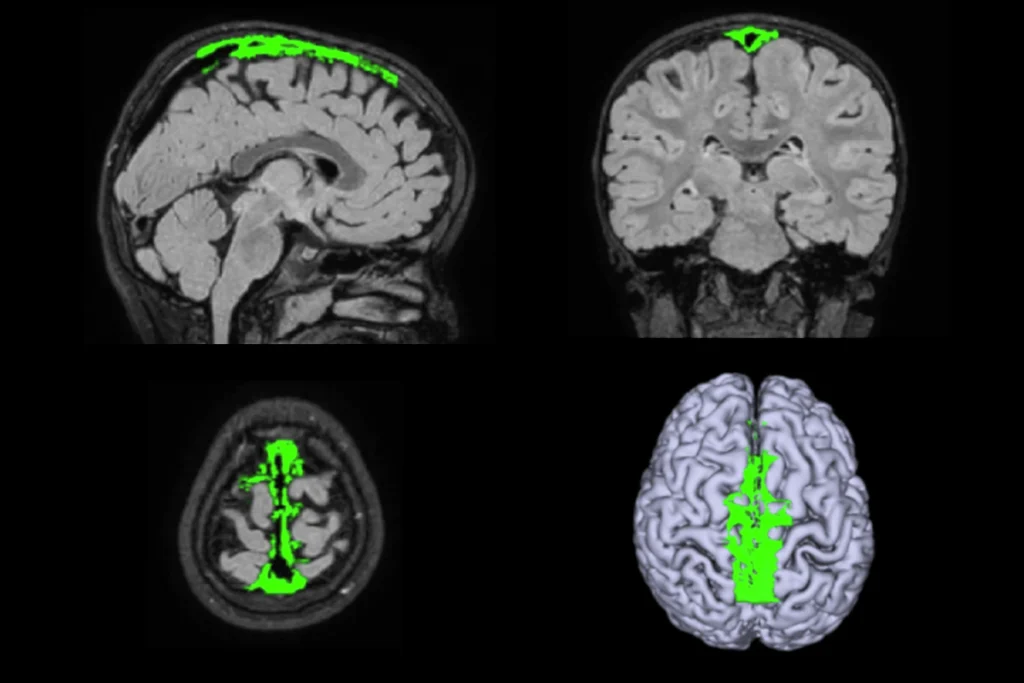WTB 2015
Recent articles
Sound processing skewed in mouse model of Rett syndrome
Researchers have traced an unusual maternal behavior in female mice modeling Rett syndrome to a neural circuit that processes sound. They have also found a drug that reverses this behavior.

Sound processing skewed in mouse model of Rett syndrome
Researchers have traced an unusual maternal behavior in female mice modeling Rett syndrome to a neural circuit that processes sound. They have also found a drug that reverses this behavior.
Explore more from The Transmitter
Early trajectory of Alzheimer’s tracked in single-cell brain atlases
Inflammation in glia and the loss of certain inhibitory cells may kick off a disease cascade decades before diagnosis.

Early trajectory of Alzheimer’s tracked in single-cell brain atlases
Inflammation in glia and the loss of certain inhibitory cells may kick off a disease cascade decades before diagnosis.
Okur-Chung neurodevelopmental syndrome; excess CSF; autistic girls
Here is a roundup of autism-related news and research spotted around the web for the week of 21 October.

Okur-Chung neurodevelopmental syndrome; excess CSF; autistic girls
Here is a roundup of autism-related news and research spotted around the web for the week of 21 October.
Brains, biases and amyloid beta: Why the female brain deserves a closer look in Alzheimer’s research
New results suggest the disease progresses differently in women, but we need more basic science to unpack the mechanisms involved.

Brains, biases and amyloid beta: Why the female brain deserves a closer look in Alzheimer’s research
New results suggest the disease progresses differently in women, but we need more basic science to unpack the mechanisms involved.